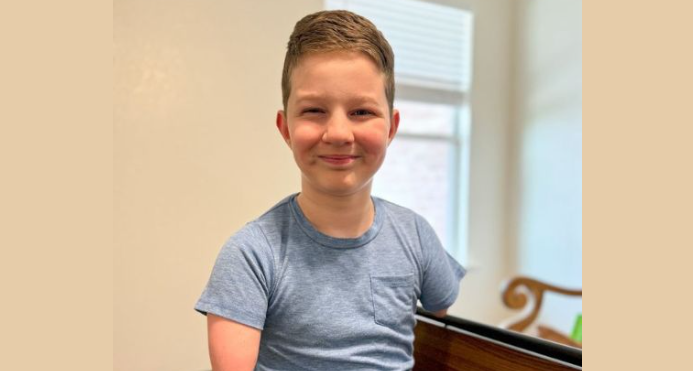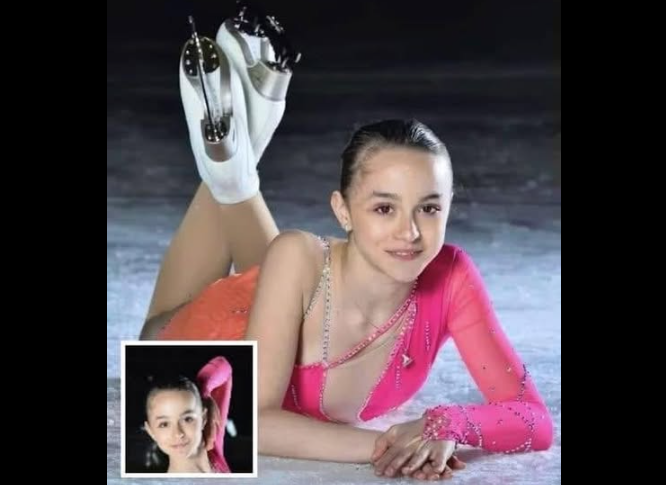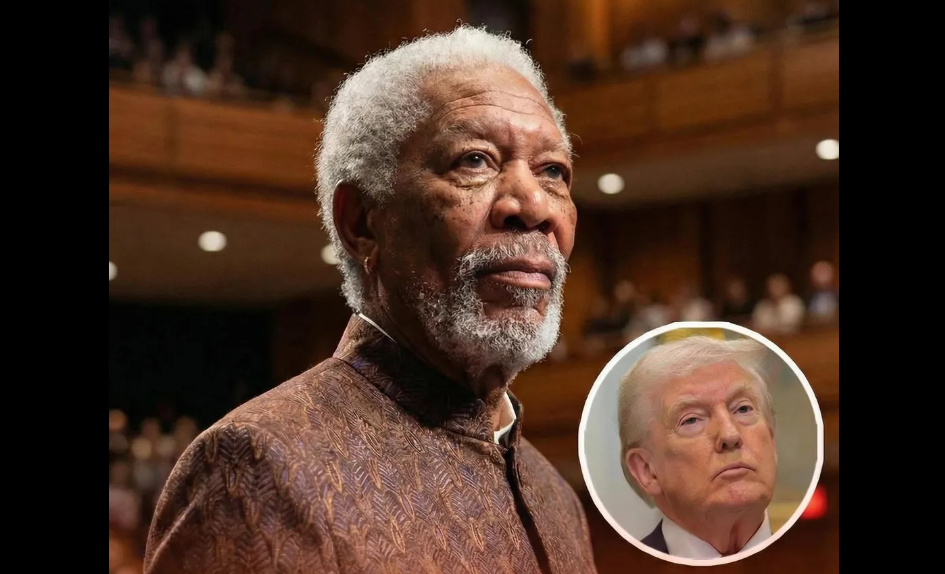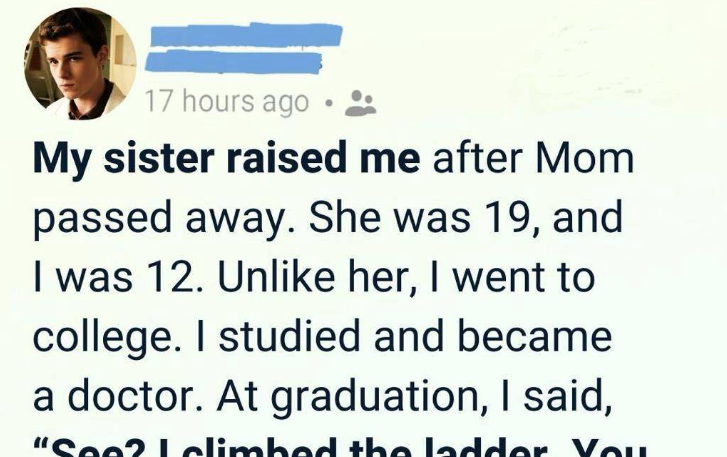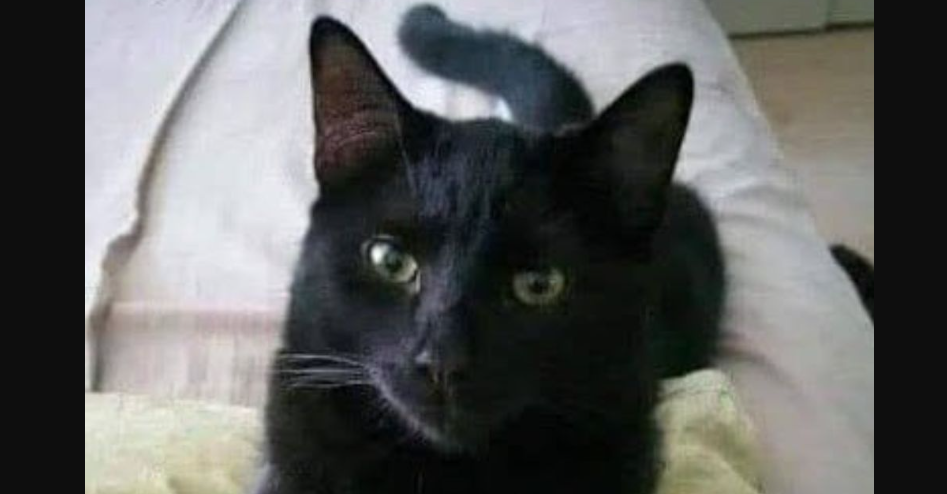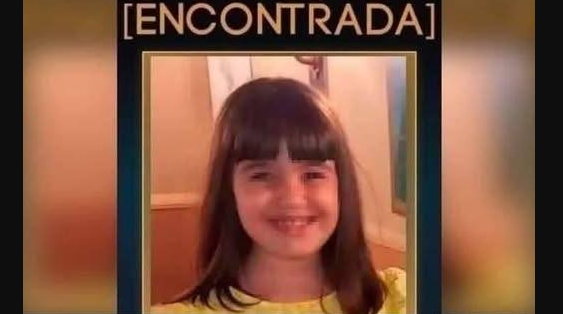There’s this moment I keep replaying in my head—my son, Elias, sitting on his bed, grinning like he already won some kind of invisible trophy.
He’s only eight, but he talks like he’s got the next twenty years mapped out. “I’m gonna be an athlete, Mom. Like, a real one. Maybe even in the Paralympics!” he told me one afternoon, completely serious, like it wasn’t even a question.
I asked him what made him so sure.
He just shrugged and said, “They’re gonna figure stuff out. New tech, new surgeries. People are smart, you know? Somebody’s working on it right now.”
That’s the thing about Elias. He doesn’t see his missing limbs as a finish line. Just… a hurdle. One he’s already halfway over in his mind.
He spends hours studying different sports—track, basketball, even swimming. He knows which athletes were born without legs, which ones lost them later, who uses what kind of prosthetic. It’s like he’s gathering a blueprint for his future, piece by piece.
The other kids at school don’t always get it. They see him and they notice the differences—his prosthetic legs, the way he moves a little slower, the careful adjustments he has to make when he wants to keep up. But Elias doesn’t notice any of that. To him, the world’s full of possibilities, and his disability is just one more challenge to face, one more thing to figure out.
I remember the first time he came home with a big grin on his face after gym class. He had just completed an obstacle course—one that involved jumping, climbing, and crawling through tunnels. The other kids finished quickly, and Elias, as usual, was last. But when he crossed the finish line, he had the proudest look on his face.
“I did it, Mom. I did all of it. And I didn’t stop. I can do anything.”
And in that moment, I didn’t need any more convincing. I believed him too. He could do anything.
Still, there’s a part of me, the protective mother part, that worries. The world is tough, and as much as I try to teach him resilience, I know that there are moments when people can be cruel, when the limitations of his body might get in his way. I know how hard it is to face rejection, to see people give up on you before you even get a chance to prove yourself. And that thought always lingers in the back of my mind, even when Elias is out there, chasing after that invisible trophy with his boundless optimism.
One afternoon, a few months ago, Elias asked me if he could sign up for a local youth basketball league. He had seen a flyer at school for sign-ups, and despite the doubts swirling in my mind, I agreed. I wanted him to have every opportunity to try. He worked so hard at his training and spent countless hours practicing at the gym. He was determined to make it onto the court, and as his mother, I couldn’t let my fears hold him back.
The first day of practice came, and Elias stood on the court, his little frame in his basketball shorts and a determined look in his eyes. The coach seemed open-minded, and most of the kids, when they saw Elias, greeted him with curiosity rather than judgment. It felt like a huge step forward, but there was still a part of me that couldn’t shake the nerves.
As the practice wore on, Elias did his best to keep up. He learned how to shoot with his prosthetic legs in place, working on his balance and form. But it wasn’t long before I saw a few of the kids whispering and pointing at him. My heart sank. I knew this moment would come, but it didn’t make it any easier to witness.
Elias, however, didn’t seem to notice. He was having too much fun. He dribbled, laughed, and smiled, unfazed by the whispers. He had that same determination in his eyes, as if the idea of giving up wasn’t even in his vocabulary. By the end of practice, he looked up at me and beamed. “I’m gonna be good at this, Mom. You’ll see.”
And for the first time in a long while, I realized something: Elias wasn’t just determined. He was teaching me something too. He wasn’t afraid of people’s judgments. He wasn’t worried about what others thought. He was focused on his own progress, his own dreams, and that made him stronger than anyone could imagine.
Then came a moment I’ll never forget.
A few weeks later, after a couple more practices, the team had their first game. Elias was excited, but I could tell he was nervous too. As the game started, Elias hung back a little, still figuring out the flow. The other kids ran up and down the court, their legs moving faster, their shots more fluid. Elias stumbled once or twice, trying to make a pass. I saw him wince, then shake it off. But the moment that really shook me came when the coach asked him to take a shot.
He hesitated. His hands gripped the ball tighter, his eyes flickering to the hoop. His teammates were watching him, waiting.
And then he did it.
He shot the ball. And it missed.
The other kids chuckled. They weren’t cruel about it, but the laughter stung. For a brief moment, I saw that little flicker of doubt in Elias’s eyes. It lasted a second, maybe less, before he turned away, grinning like nothing had happened. He gave a quick shrug and said, “Next time.”
But I couldn’t shake it. I watched him walk off the court, trying so hard to appear unaffected. The ache in my chest grew. I knew that sting. The sting of failing in front of others, of being laughed at. And it broke my heart that Elias had to face it at such a young age.
I wanted to rush over to him, wrap my arms around him, and tell him it was okay. But then, something unexpected happened.
As the game continued, Elias bounced back. He didn’t let the failure define him. Instead, he kept trying. He didn’t make another basket, but he hustled after every play, encouraged his teammates, and never stopped moving. By the end of the game, his coach patted him on the back and told him he was proud of his effort. “That’s the kind of attitude that makes a true athlete,” the coach said.
I smiled through the tears that threatened to fall. Elias had done more than play a game—he had shown me that the real victory was in the effort, in the not giving up. In the face of rejection, in the sting of failure, he had kept going.
The next week, he made another shot—his first one since that game. And this time, it didn’t miss. The ball swished through the net, and Elias’s face lit up. But what struck me wasn’t the shot itself—it was the joy he radiated when he realized that his hard work was paying off. He didn’t care about the others’ opinions anymore. He had finally realized that the only opinion that mattered was his own.
Months passed, and Elias continued to play basketball, his confidence growing with every practice, every game. But the twist came one evening when the coach approached me after practice.
“We’ve had a few scouts come by,” the coach said, his voice low. “They’re looking for young athletes for a new program in the area. And Elias… well, they’re interested in him. They saw something in him—his attitude, his persistence. He may not be the fastest, but he’s got heart.”
I was speechless for a moment. Elias wasn’t the fastest player on the court, but his heart—his drive—was something I couldn’t deny. It wasn’t just about his missing limbs or his prosthetic legs. It was about his refusal to quit, his unwavering belief that he could be more than his circumstances. That, I realized, was what the scouts saw.
Elias’s journey wasn’t easy, and it still isn’t. He faces challenges every day that many of us will never understand. But watching him push through those moments, watching him embrace every hurdle as just another step on his path, taught me something I’ll never forget: True strength doesn’t come from perfection; it comes from the willingness to keep going, no matter what.
So, to anyone out there facing their own struggles, remember Elias’s story. Don’t let the laughter or the setbacks stop you. Like Elias, you have more strength than you think. And maybe, just maybe, if you keep going, someone will see your heart too.
If you found this story inspiring, please share it with someone who needs to hear it.
